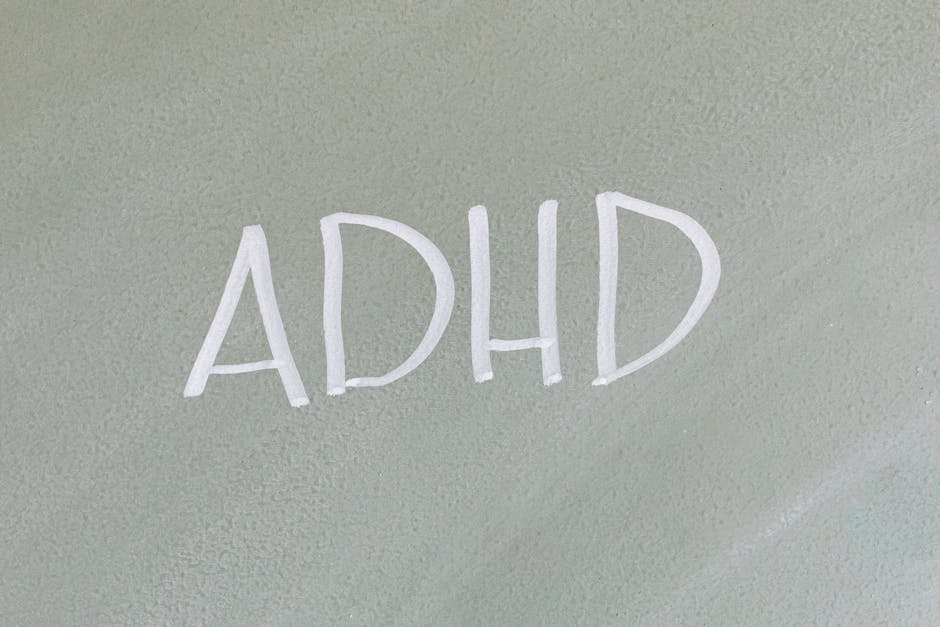Your brain shrinks when stress becomes chronic—but five minutes tomorrow morning could start reversing the damage. Sustainable stress relief doesn’t require weekend retreats or lifestyle overhauls. Strategic micro-habits throughout your day protect your mind better than sporadic intensive efforts. Understanding how stress physically reshapes your brain helps you build a personalized plan that sticks.
The Stress and Brain Connection
Chronic stress triggers cortisol release that damages your hippocampus—the brain region handling memory and emotional regulation.
Elevated cortisol reduces hippocampal volume, affecting your ability to learn and consolidate memories. Research shows chronic stress can shrink the hippocampus by up to 20%, accelerating cognitive aging[3].
This damage isn’t permanent. Neuroplasticity—your brain’s ability to reorganize and form new neural connections—makes recovery possible. Stress also disrupts prefrontal cortex function, weakening decision-making and impulse control. Brain scans reveal decreased prefrontal activity in chronically stressed people, producing effects similar to sleep deprivation. When you see stress as a physical threat to brain structure, you’re more likely to maintain protective habits.
Morning Mindfulness in Five Minutes
Starting your day with brief mindfulness activates the parasympathetic nervous system, setting a calm baseline.
Just five minutes of focused breathing or body scanning can reduce baseline cortisol by 15-20%. Research shows morning meditation increases gray matter density in brain areas controlling stress response[4].
Consistency beats duration. Morning practice creates a neural anchor, making it easier to return to calm states during stressful moments. Regular meditators show 40% faster stress recovery rates. Start with five minutes before checking your phone. Even a simple breathing technique practiced for four weeks can significantly reduce anxiety[1].
Movement Breaks Throughout Your Day
Regular movement intervals boost BDNF—the protein essential for neuron growth and cognitive function.
Taking a 5-10 minute walk every 90 minutes increases BDNF levels and improves focus. Studies show movement breaks improve problem-solving ability by 60% compared to continuous sitting[2].
You don’t need intense exercise. Even desk stretches provide cognitive benefits by reducing stress hormones while increasing oxygen flow to the prefrontal cortex. Set hourly reminders to stand, stretch, or walk. No gym membership or special equipment required.
Nutrition Choices That Support Cognition
Strategic food choices stabilize blood sugar and provide building blocks for neurotransmitters regulating mood and focus.
Omega-3 fatty acids from fish, walnuts, and flaxseed support myelin sheath integrity and reduce brain inflammation. Combining healthy fats with antioxidants offers maximum protection.
Complex carbohydrates paired with protein prevent blood sugar crashes that trigger cortisol spikes and brain fog. Hydration is equally critical. Adequate water intake—about half your body weight in ounces—maintains neurotransmitter production and waste removal. Even 2% dehydration impairs attention, memory, and mood. Focus on brain-supporting snacks like nuts, berries, and dark chocolate between meals.
Digital Boundaries for Mental Clarity
Constant digital connectivity keeps your brain in reactive mode, preventing downtime necessary for memory consolidation and creative thinking.
Phone-free windows—especially during the first hour after waking and before bed—protect restorative brain states. These boundaries also reduce decision fatigue.
Notification management decreases cognitive switching costs, which can reduce productivity by up to 40%. Digital boundaries naturally improve sleep quality by reducing blue light exposure and mental stimulation before rest. Create three daily phone-free zones: morning routine, meals, and your pre-sleep hour. This gives your brain space to process information, consolidate memories, and restore energy.
Sleep Hygiene as Brain Maintenance
Quality sleep activates the glymphatic system—your brain’s waste clearance system—which removes toxic proteins linked to cognitive decline while consolidating memories.
Consistent sleep-wake times regulate circadian rhythms, optimizing hormone production and neural repair. Temperature and light control improve sleep architecture.
Keep bedroom temperature between 65-68°F and use blackout curtains to support deep sleep stages critical for brain detoxification. A 30-60 minute wind-down routine with dimmed lights and calming activities increases sleep efficiency. Consistent bedtime routines improve sleep quality by 25-30% within two weeks. Prioritize sleep consistency over duration—maintaining the same bedtime and wake time daily works best for long-term brain health.
Building Your Personal Stress Relief Plan
Sustainable change comes from selecting 2-3 keystone habits that fit your lifestyle, then building gradually.
Start with the habit that feels easiest—early wins build momentum. Research shows starting with one habit increases long-term adherence by 80% compared to attempting simultaneous changes.
Use simple tracking to notice which practices most improve your energy, focus, and mood. Self-monitoring increases habit consistency by 40% and helps personalize your approach. Choose one morning, one midday, and one evening habit to create all-day brain protection. Mental training activities engage neurocircuitry involved in executive function and attention, stimulating neuroplasticity[5][6]. As the saying goes, you can’t stop the waves, but you can learn to surf[7].
Protecting your brain from stress doesn’t require perfection—just consistent small actions. Morning mindfulness, movement breaks, smart nutrition, digital boundaries, and quality sleep create compound benefits that reverse stress damage and boost cognitive resilience. Pick one habit from this list to start tomorrow morning, then add another after two weeks of consistency. Your brain’s remarkable plasticity means today’s small choice becomes tomorrow’s cognitive advantage.
🩺 Health Information: This content offers general health tips and guidance. If you have symptoms or ongoing treatment, always follow the advice of your healthcare provider. Use this content as a helpful reference, as individual circumstances may differ.

 Photo by
Photo by  Photo by
Photo by  Photo by
Photo by  Photo by
Photo by  Photo by
Photo by  Photo by
Photo by